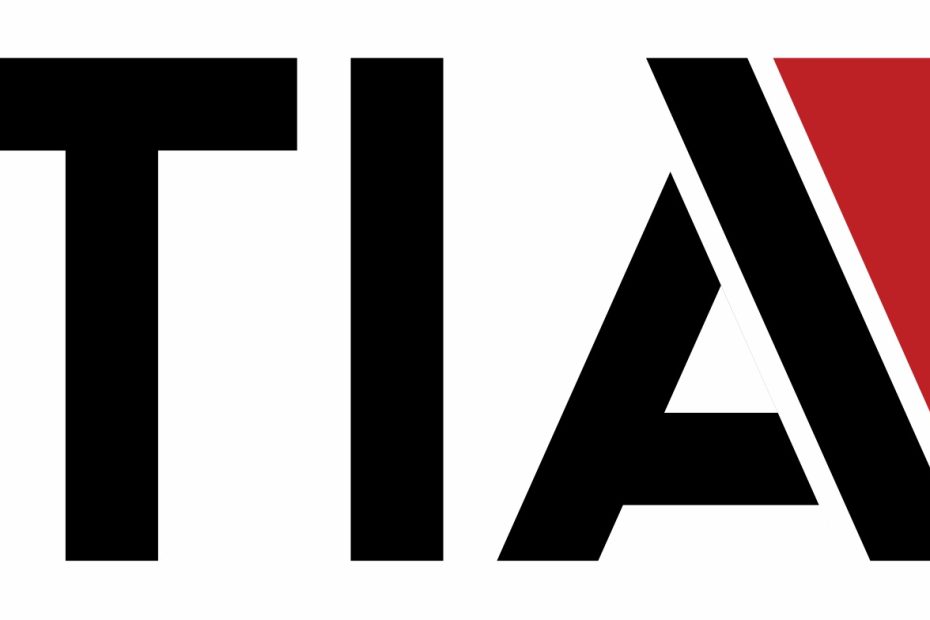In episode nine of #TIATalks, host Jason Mizen dives into the crucial conversation on coaching and mentorship alongside Asiya Swaleh (a seasoned professional in the South African insurance and financial services sector) and former TIA contestant Mandilakhe Madikane
In this article, Asiya continues to delve into the vital role that education, mentorship, and coaching play in shaping the future of the sector.
Education, mentorship, and coaching
I recently had the wonderful opportunity to share my thoughts at the TIATalks vodcast on a topic close to my heart and one that I am a passionate advocate of. These were a few of my key takeaway points.
Empowering the insurance workforce
Having served within the insurance industry over the past 20yrs, I have noticed the need for constant evolution in response to technological advancements and shifting customer expectations, it is therefore essential to prioritise the development of one’s workforce. Education, mentorship, and coaching are crucial elements in this process, offering opportunities for continuous learning and personal growth. An important differentiator to note is that while both coaching and mentoring involve guidance and support for personal and professional development, coaching focuses on achieving specific, short-term goals, while mentoring emphasises long-term holistic growth and career development.
School leavers and university graduates curious about our industry must empower themselves with industry specific knowledge. Education is the foundation for a thriving insurance industry and in South Africa, where the insurance landscape is diverse and dynamic. Professionals need to stay informed about the latest regulatory changes, product innovations, and emerging technologies. This demands a robust educational framework that offers both formal and informal learning opportunities. From industry-specific certifications to ongoing training and workshops, the insurance sector must invest in educational initiatives that empower employees and young graduates at all levels to improve their skills and keep pace with industry developments. There are many options for both professional and entry level learners to explore either through formalised qualifications offered through Milpark Business School, Moonstone or courses facilitated by the Insurance Institute of Gauteng (IIG) as well as the Insurance Institute of South Africa (IISA). Education ensures that the workforce remains competitive, adaptable, and capable of handling the challenges that arise in a rapidly changing business environment.
While education provides the theoretical knowledge necessary for success in the insurance industry, mentorship and coaching are equally important for nurturing talent and fostering career growth. Experienced professionals in the industry, many of whom have accumulated decades of valuable insights, play a key role in guiding younger employees through the complexities of the field. Mentorship helps bridge the gap between theory and practice, offering mentees the opportunity to learn directly from those who have navigated the challenges and opportunities of the industry. Both mentorship and coaching are vital in helping young professionals gain confidence, refine their skills, and build a network within the industry.
In addition to mentorship and coaching, the presence of champions and sponsors in the workplace is integral to an individual’s career progression. Champions are individuals who actively advocate for the success of others, while sponsors go a step further, using their influence and network to open doors for their protégés. In the context of the South African insurance industry, champions and sponsors are essential for breaking down barriers and providing access to opportunities that might otherwise remain out of reach. Having champions and sponsors can significantly accelerate career growth by ensuring that promising individuals are given visibility and opportunities to demonstrate their capabilities. These relationships can also promote diversity and inclusion, ensuring that individuals from various backgrounds and experience levels have an equal chance of succeeding.
Knowledge transfer in the insurance industry
An area of importance that needs far more discussion and airtime is around a key challenge facing the insurance industry in South Africa, which is the ageing workforce. Many of the sector’s most experienced professionals are nearing retirement, and their vast wealth of knowledge and expertise is at risk of being lost if not properly transferred to the younger generation. Knowledge transfer is critical for ensuring the continuity and sustainability of the industry. Organisations must prioritise succession planning and create opportunities for older workers to mentor and share their insights with younger employees. This can take the form of formal training sessions, collaborative projects, or even informal knowledge-sharing sessions. The transfer of tacit knowledge, the kind of knowledge gained through years of experience, is especially valuable and should not be overlooked. By encouraging the exchange of knowledge between generations, the industry can ensure that its legacy of expertise is preserved and built upon.
On a personal note, over the last couple of years I have begun to incorporate into my life, the concept of Ikigai, a Japanese term meaning “a reason for being,” which offers valuable insights into purposeful and mindful decision making. This practice encourages individuals to live with purpose, aligning their work with their passions, talents, and values. When people are able to connect their careers to a deeper sense of meaning, they are more likely to invest in sharing their knowledge with others. Living within one’s purpose not only benefits the individual but also strengthens the collective knowledge. This integrated approach to knowledge-sharing creates a vibrant, collaborative work environment that benefits both employees, the organisation, and the industry as a whole. By investing in these areas, the insurance industry can ensure that it remains resilient, dynamic, and well-equipped to meet the challenges of the future.
